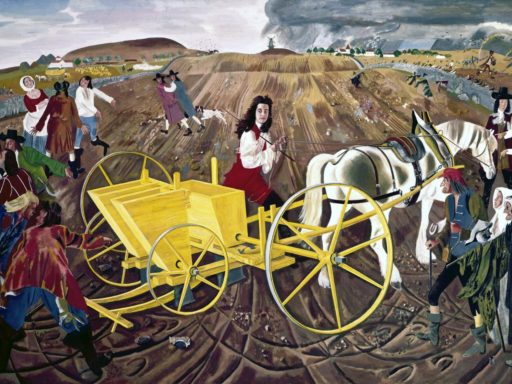
A new agricultural revolution could be the best way to avert the climate crisis, according to a report out this month. Science Director, Roger Highfield, talks to one of the authors.
Roger Highfield is the Science Director at the Science Museum Group, a member of the UK's Medical Research Council and a visiting professor at the Dunn School, University of Oxford, and Department of Chemistry, UCL. He studied Chemistry at the University of Oxford and was the first person to bounce a neutron off a soap bubble. Roger was the Science Editor of The Daily Telegraph for two decades, and the Editor of New Scientist between 2008 and 2011. He has written or co-authored ten popular science books, most recently Stephen Hawking: Genius at Work, and has had thousands of articles published in newspapers and magazines.

A new agricultural revolution could be the best way to avert the climate crisis, according to a report out this month. Science Director, Roger Highfield, talks to one of the authors.
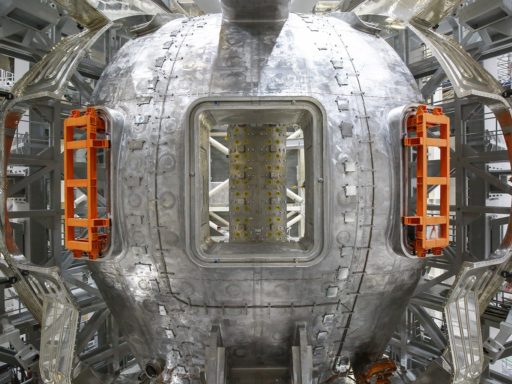
Roger Highfield, Science Director, visits ITER in southern France, the world’s largest fusion project, to assess whether it will mark a milestone in averting harmful climate change.
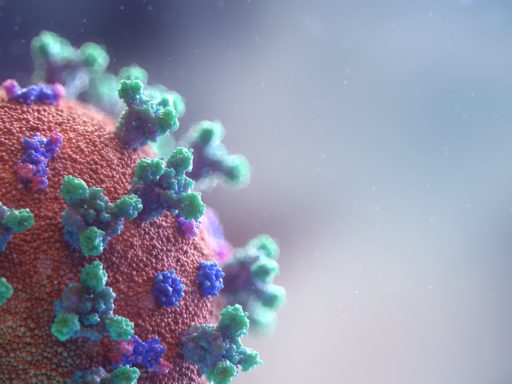
A variant of highly transmissible Omicron is now dominant worldwide, including in the UK. Roger Highfield, Science Director, talks to Ajit Lalvani of Imperial College London about what to do now that COVID restrictions have been relaxed, tests are no longer free, and we are ‘back to normal’.

Grayson Perry is among the many artists who have responded to the threat of SARS-CoV-2. Roger Highfield, Science Director, tells the remarkable story behind his ceramic pot, which is about to go on display at the Science Museum.

The potential impact – and acceptance – of replacing traditional farming with laboratory-grown meat is assessed by Science Director Roger Highfield.
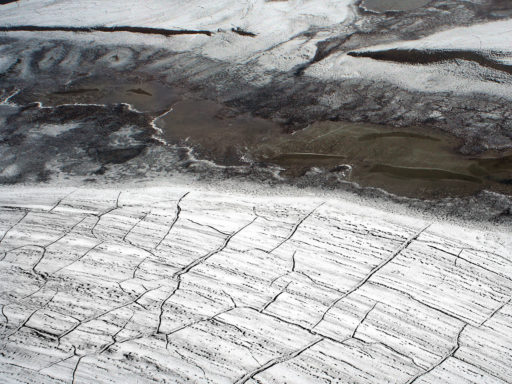
Permafrost peatlands in Europe and Western Siberia are closer to a climatic tipping point than previous believed. Roger Highfield, Science Director, talks to a University of Leeds team about the risk of permafrost peatland thaw, which could accelerate future climate change.
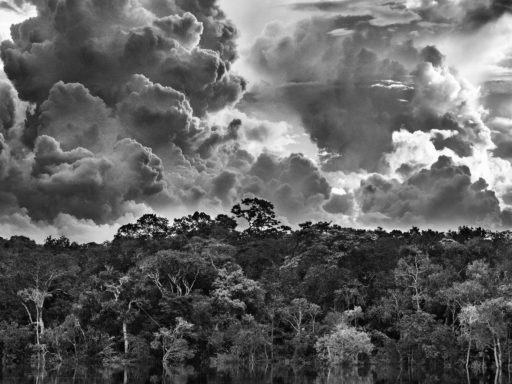
The Amazon, the world’s biggest tropical rainforest, shows signs of distress. Roger Highfield, Science Director, reports on new data that show how this remarkable ecosystem could turn into a savannah.

The climate pledges of 25 of the world’s largest companies fall short of their net zero and carbon neutral claims, according to a new study. Roger Highfield, Science Director, talks to Sybrig Smit, climate policy analyst.
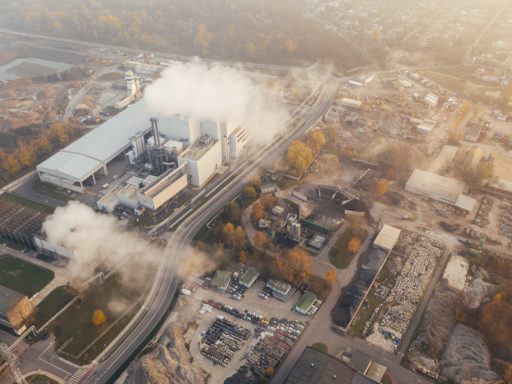
Science Director Roger Highfield reports on an American study that suggests a radical change in diet could buy valuable time to slow damaging climate change.
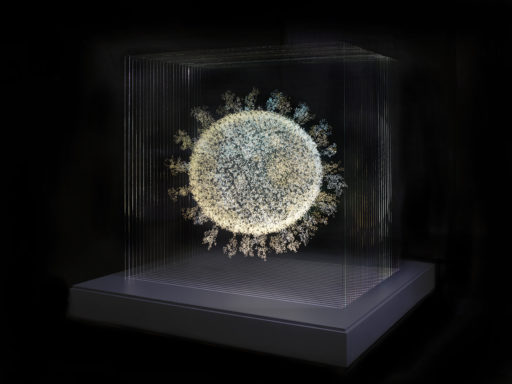
Artists have responded to the invisible and existential threat of SARS-CoV-2. Roger Highfield, Science Director, talks to David Goodsell and Angela Palmer about how they tackled the greatest health crisis of a generation.

Although Omicron is milder than first feared, there is a failure of political imagination when it comes to the implications for pandemic preparedness. Roger Highfield, Science Director, looks beyond Omicron with the government’s influential life sciences advisor, Sir John Bell.
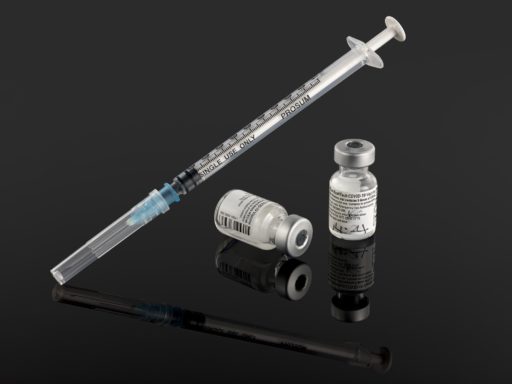
How should we prepare for the next pandemic? Our Science Director, Roger Highfield, talks about an extraordinary new proposal with Dr Richard Hatchett, Chief Executive Officer of CEPI, the world’s largest vaccine development initiative.